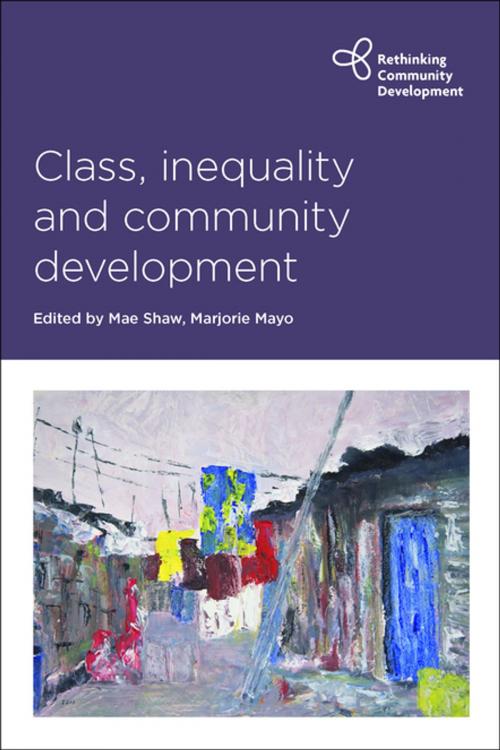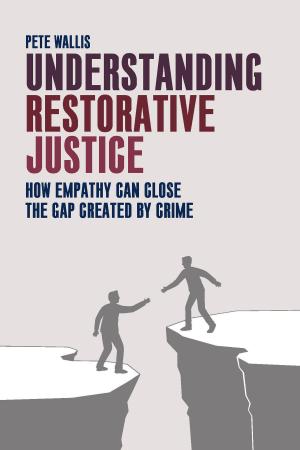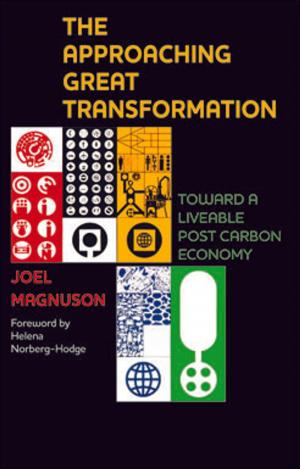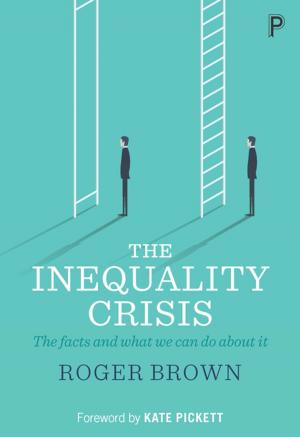Class, inequality and community development
Nonfiction, Social & Cultural Studies, Social Science, Social Work| Author: | ISBN: | 9781447322498 | |
| Publisher: | Policy Press | Publication: | September 6, 2016 |
| Imprint: | Policy Press | Language: | English |
| Author: | |
| ISBN: | 9781447322498 |
| Publisher: | Policy Press |
| Publication: | September 6, 2016 |
| Imprint: | Policy Press |
| Language: | English |
This book, the second title in the Rethinking Community Development series, starts from concern about increasing inequality worldwide and the re-emergence of community development in public policy debates. It argues for the centrality of class analysis and its associated divisions of power to any discussion of the potential benefits of community development. It proposes that, without such an analysis, community development can simply mask the underlying causes of structural inequality. It may even exacerbate divisions between groups competing for dwindling public resources in the context of neoliberal globalisation. Reflecting on their own contexts, a wide range of contributors from across the global north and south explore how an understanding of social class can offer ways forward in the face of increasing social polarisation. The book considers class as a dynamic and contested concept and examines its application in policies and practices past and present. These include local/global and rural/urban alliances, community organising, ecology, gender and education.
This book, the second title in the Rethinking Community Development series, starts from concern about increasing inequality worldwide and the re-emergence of community development in public policy debates. It argues for the centrality of class analysis and its associated divisions of power to any discussion of the potential benefits of community development. It proposes that, without such an analysis, community development can simply mask the underlying causes of structural inequality. It may even exacerbate divisions between groups competing for dwindling public resources in the context of neoliberal globalisation. Reflecting on their own contexts, a wide range of contributors from across the global north and south explore how an understanding of social class can offer ways forward in the face of increasing social polarisation. The book considers class as a dynamic and contested concept and examines its application in policies and practices past and present. These include local/global and rural/urban alliances, community organising, ecology, gender and education.















